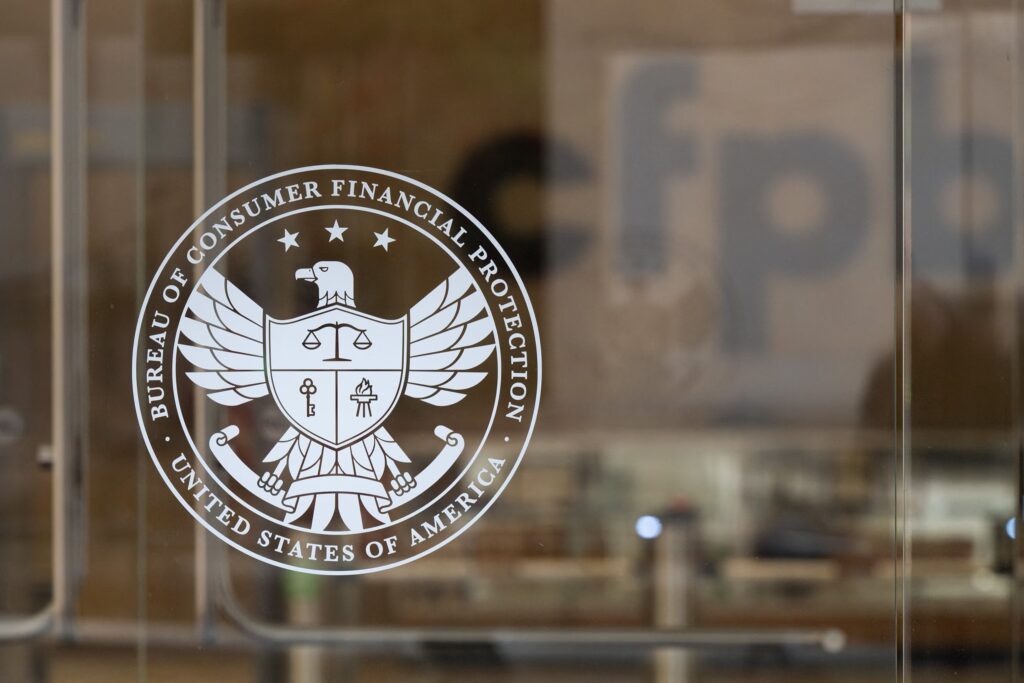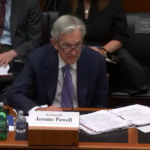The Consumer Financial Protection Bureau (CFPB) has been praised by consumers for its numerous achievements for more than a decade that have enhanced transparency and equity in the financial market. An estimated 82% of Americans consider it essential to regulate financial services to guarantee fairness for consumers, according to a survey conducted by the Center for Responsible Lending.
Research, oversight, inquiries, and legal action were some of the powerful methods employed by the CFPB to recover over $21 billion for more than 200 million consumers who were defrauded.
Together, the anti-regulatory factions that opposed the establishment of the CFPB have persistently sought to diminish, challenge, or abolish the agency. With a president and a legislature currently adopting a deregulatory viewpoint, the merger of pro-business executive orders aggressively advocated by appointed officials has inflicted financial damage on consumers and undermined the agency’s objectives.
“It’s not really about saving taxpayer money or anything related to the budget,” said Christine Hines, Senior Policy Director at the National Association of Consumer Advocates. “It’s about getting rid of the Bureau.”
Putting Initiatives in Place: Agency Acts on Behalf of Victims
The agency has recently taken several actions, including reducing CFPB staffing by some 70%, suspending ongoing investigations and pending litigation, and reversing regulations concerning overdraft fees and credit cards. Additionally, a recent announcement indicated that the agency would cease enforcement of regulations pertaining to “buy now, pay later” credit. In summary, the actions of the agency today no longer align with its name or intended mission.

However—and some may say unfortunately—the effort to weaken the CFPB is far from over. It is currently reallocating funds, either denying or postponing millions that consumers are justly entitled to, while redirecting billions designated for victim compensation to the U.S. Treasury instead.
A contemporary, real-world example illustrates the harm inflicted by such measures, along with the ensuing financial disparity. In February of this year, multiple state attorneys general commenced investigations concerning restitution owed by Prehire, LLC. Previously, the CFPB determined that Prehired, LLC, an unlicensed online sales training program, violated two federal laws: the Truth in Lending Act and the Fair Debt Collection Practices Act.
The company lured prospective tech sales students with deceptive promises of guaranteed minimum annual salaries of $60,000 at a ‘tech company of their choice.’ The cost for each student was half that amount—approximately $30,000. Consequently, the company extended loans to its students to cover their enrollment expenses.
A joint letter addressed to the CFPB on March 12 inquiring about the status of payments to the victims of Prehire did not elicit a response. Subsequently, on May 6, a follow-up letter reiterated their previous concerns. Describing Prehire as “a predatory online training bootcamp,” the attorneys general from Colorado, Delaware, Illinois, Massachusetts, Minnesota, New York, North Carolina, Ohio, Oregon, and South Carolina—along with the California Department of Financial Protection and Innovation—stated in part:
“Prehired trapped its students with illegal and deceptive ‘income share’ loans. Prehired then resorted to abusive debt collection practices—including filing hundreds of debt collection lawsuits—when students could not repay those loans and the job offers Prehired promised did not materialize. Prehired specifically targeted military veterans with its advertising. Prehired was in bankruptcy and unable to issue refunds to its victims,” the letter continued. “In such cases, the CFPB’s Civil Penalty Fund is available to compensate harmed victims. Our offices worked with the CFPB to secure an allocation from the Civil Penalty Fund, in the amount of $4,248,249. The CFPB finalized the allocation on May 30, 2024.”
Stripping CFPB’s Victim Compensation Fund
A recent party-line vote conducted by the House Financial Services Committee (HFSC) sanctioned a resolution that would strip the CFPB of its capacity to reimburse defrauded consumers from its Civil Penalty Fund (CPF). Should this resolution be subsequently approved by Congress, the unallocated revenues from the fund would be redirected to the Treasury Department, rather than being retained for the purpose of compensating victims.
Essentially, experts reveal that billions of dollars are at stake. A significant portion of that balance was derived from a $1.7 billion penalty imposed on Wells Fargo, according to a February 2025 report by the Congressional Research Service. In June 2024, the Office of Inspector General at the CFPB disclosed that the CPF had amassed $3.4 billion and maintained a balance of $1.9 billion as of September 2023.
“My Republican colleagues are telling their constituents loud and clear that they care more about protecting their friends on Wall Street than the people who voted to send them here,” noted New York Congressman Greg Meeks, who is also a committee member.
A significant aspect of the legislation that established the CFPB designated the CPF for disbursements to victims who have been legally defrauded or, when feasible, for initiatives related to consumer education and financial literacy programs. The legislation further designates the fund’s administrator as the individual accountable for overseeing these payments. Moreover, the administrator allocates funds for disbursements to affected consumers every six months.
Democratic members of the HFSC proposed several amendments as alternatives to transferring funds to the Treasury. For instance, Massachusetts Representative Ayanna Pressley suggested that financial wrongdoers should bear the financial responsibility for funding when their actions contravened relevant laws. This proposal, along with other amendments put forth by committee Democrats, was also dismissed by the majority members.
To read more, click here.









